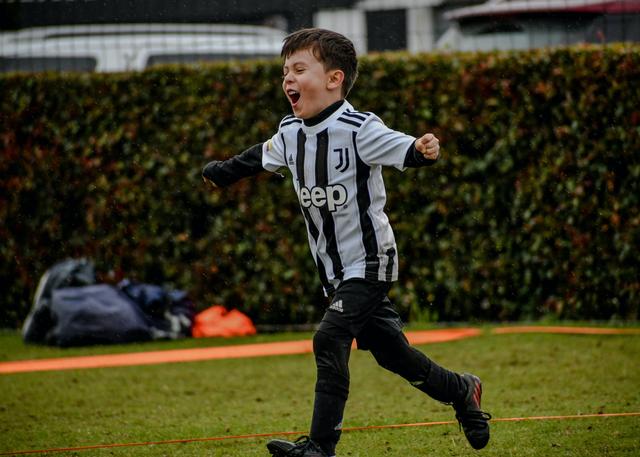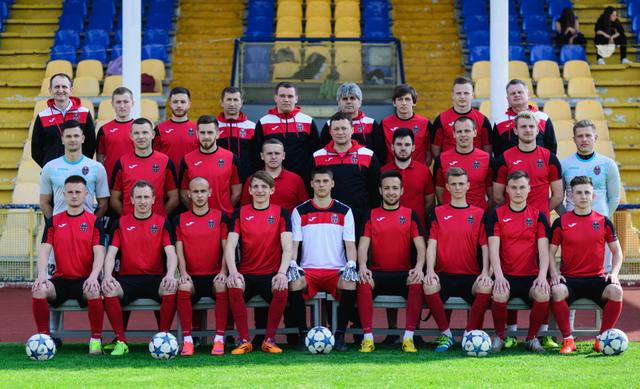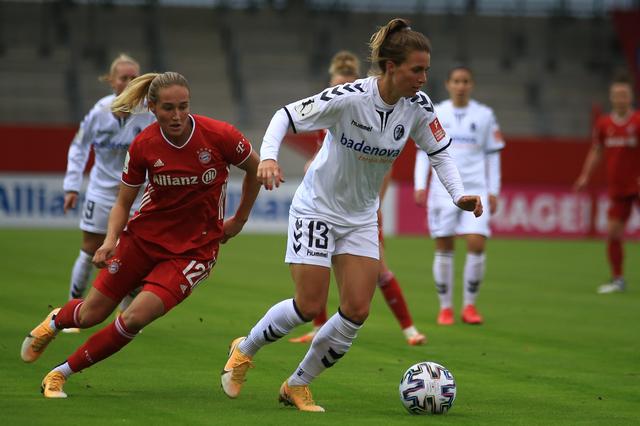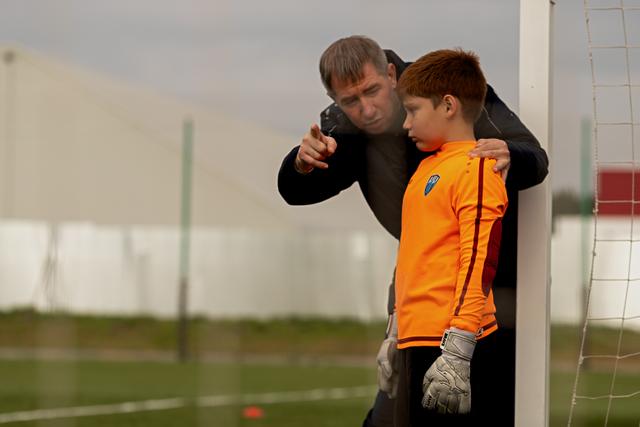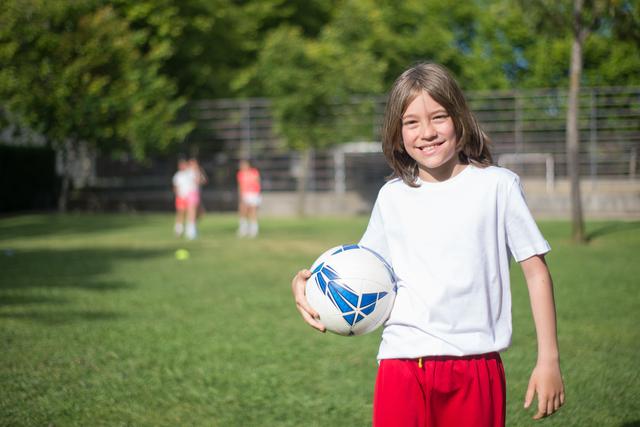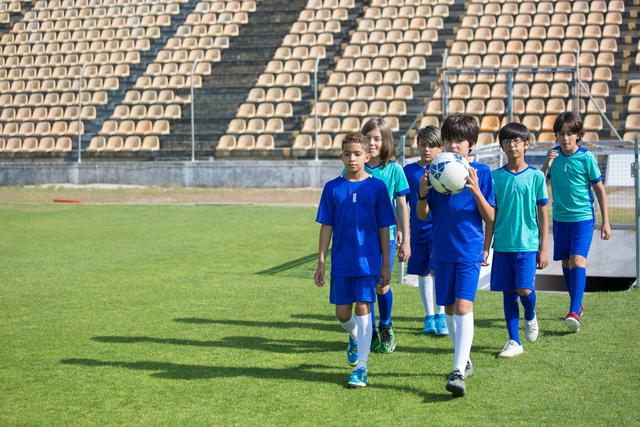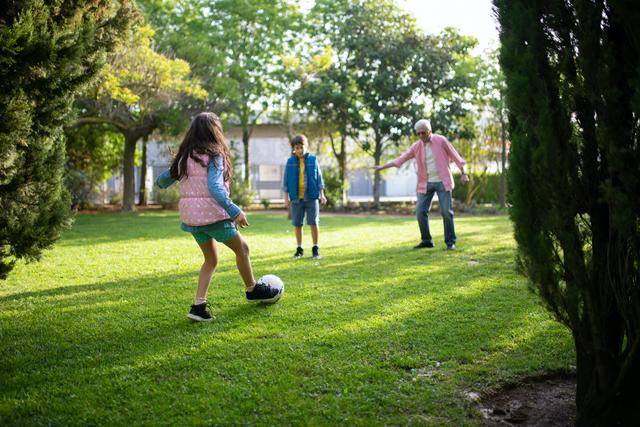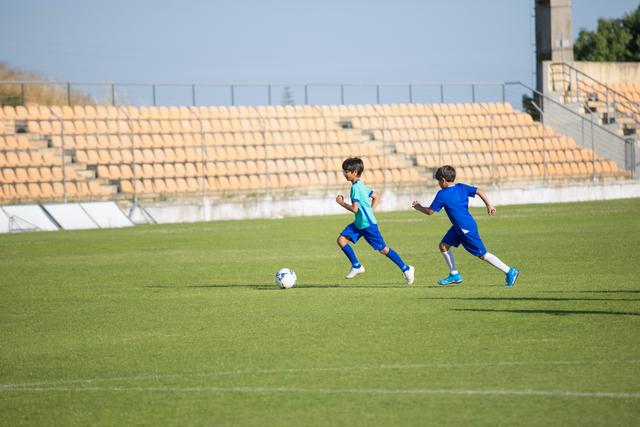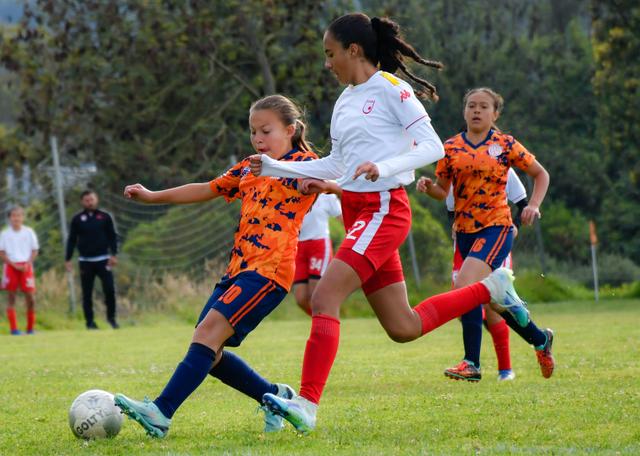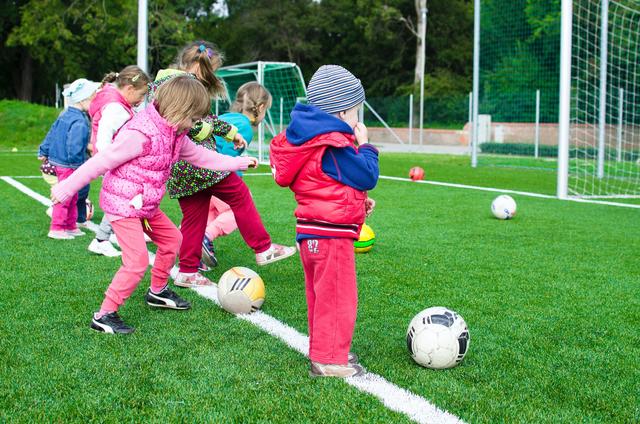Football Articles
Football For Kids In The UK
Football, often termed as the beautiful game, holds an esteemed place in the UK, embodying a deep-seated passion that sweeps across the nation. The origins of football in Britain are intertwined with its cultural fabric, tracing back to 1863 with the establishment of the Football Association (FA). This significant historic milestone laid down the structural foundations and rules that morphed mere kicking games into structured football.
Over the years, football has burgeoned into a national pastime and a bedrock of community activities, especially for the younger generation. Across the UK, from bustling cities like Manchester and Liverpool to quiet suburban areas, children are often seen honing their skills in local parks and football pitches. The growth of football clubs like Manchester United, Liverpool, Arsenal, and Chelsea has further entrenched the sport’s popularity, influencing aspiring young athletes and nurturing a thriving youth culture around the sport.
An extensive network of youth leagues and school teams provides a gateway for children to engage with the sport from a very young age. The grassroots initiatives and local clubs play a pivotal role in not just coaching football but also in fostering a sense of team spirit, discipline, and resilience among young participants. As these young players dribble and dash across the football fields, they are not just playing a game but are part of a rich sporting tradition that continues to inspire and cultivate talent at the grassroots level in the United Kingdom.
The Benefits of Football
Football offers numerous health benefits that contribute significantly to the physical and emotional well-being of children. Engaging in this sport can dramatically improve cardiovascular health through continuous movement, which enhances heart and lung function. It's not just about running; the various actions involved in football, such as sprinting, jumping, and kicking, are fantastic for building strength and endurance, fostering physical development in a fun and engaging environment.
Moreover, football requires a combination of skills that boost motor coordination and agility, essentials for overall fitness and sports performance. Regular practice of these movements advances finer motor skills and improves balance and coordination.
Participating in football also has psychological benefits, boosting self-confidence and self-esteem. As children learn new skills and witness their improvements, they gain a sense of achievement. Besides skill acquisition, football is a social sport that encourages teamwork and communication, helping children to build strong social connections, learn collective problem-solving, and develop solidarity.
In essence, football is more than a game for children; it's a comprehensive activity that encourages physical fitness, enhances social skills, and builds psychological resilience, all integral to healthy development.
FAQs
1. At what age can my child start playing football in the UK?
Answer: Children in the UK can begin playing football from as young as two or three years old. However, more structured league play and coaching sessions usually start from around five or six years of age.
2. Is football safe for my child to play?
Answer: Absolutely, football is considered safe for children, provided that appropriate safety measures are in place. It's important for children to wear the right protective gear such as shin guards and mouthguards, and to be coached on the correct playing techniques to minimise injury risks.
3. How many times a week should my child practice football?
Answer: The number of practice sessions can vary depending on your child’s age and skill level. Younger children might have one to two practice sessions per week, whereas older or more dedicated players could participate in football activities several times a week to develop their skills and fitness.
4. What gear does my child need to start playing football?
Answer: To get started in football, your child will need a few basic items: a football, shin guards for protection, and a good pair of football boots suitable for the playing surface. Additional items like a water bottle, tracksuit, and training ball may also be useful, especially if they’re joining a local club.
5. How can I assist in my child's football development?
Answer: You can play a significant role in your child's football journey by encouraging regular practice, providing motivational support, and ensuring they stay healthy and hydrated. Attending games and celebrating achievements will also boost their morale. Equipment-wise, ensure they have the necessary gear and consider engaging a personal coach if you notice a specific interest or talent that could be nurtured further.
